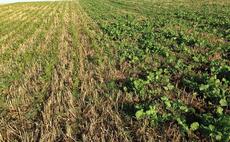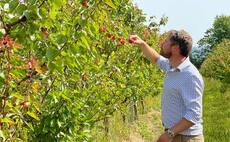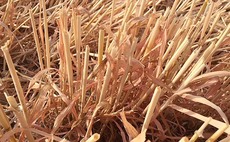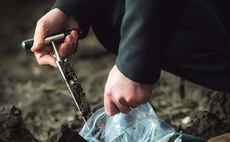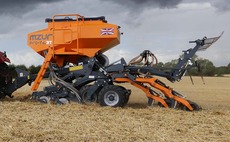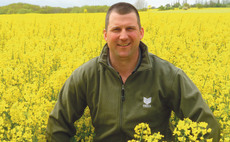Soil
Arable
Ian Davis, a beef farmer from Hertfordshire, points out soil is the key to making a regenerative approach work.
Arable
With very dry soils this harvest, Íæż½ã½ã finds out how to get catch and cover crops off to the best start.
Arable
When fifth generation grower, James Smith, of Loddington Farm in Kent lost his love for the land, it was adapting to a regenerative farming model that brought the entire business back to life. Alice Dyer reports.
Arable
Lack of rain and early crop senescence has meant that potassium offtake from straw could be significantly higher than usual this harvest.
Arable
Íæż½ã½ã using regenerative practices on their arable farms are largely ending up in a similar place financially to those using more conventional practices.
Farm Business
The Scottish Government has announced funding for its new Preparing for Sustainable Farming (PSF) grant scheme. Ewan Pate explains what farmers need to do to qualify.
Arable
Minimising cultivations, lowering grain drying requirement, reducing synthetic fertiliser inputs and using urease and nitrification inhibitors can reduce a crop’s carbon footprint by up to 41 per cent while sustaining yield.
Arable
After a fairly open autumn and winter for most, visitors to the NAAC drainage hub at Cereals were reminded of the importance of maintaining and investing in field drains.
Arable
Having transitioned his entire farm to a zero-till system in one year, Kent farmer Tom Sewell offers a glimpse into his current approach to improving soil health. Alice Dyer reports.
Arable
As a farmer moving to a no-till system, John Cherry was frustrated by the lack of supporting information available to him in the UK. Hence, in 2016 Groundswell was born.


 09 August 2022
•
2 min read
09 August 2022
•
2 min read
